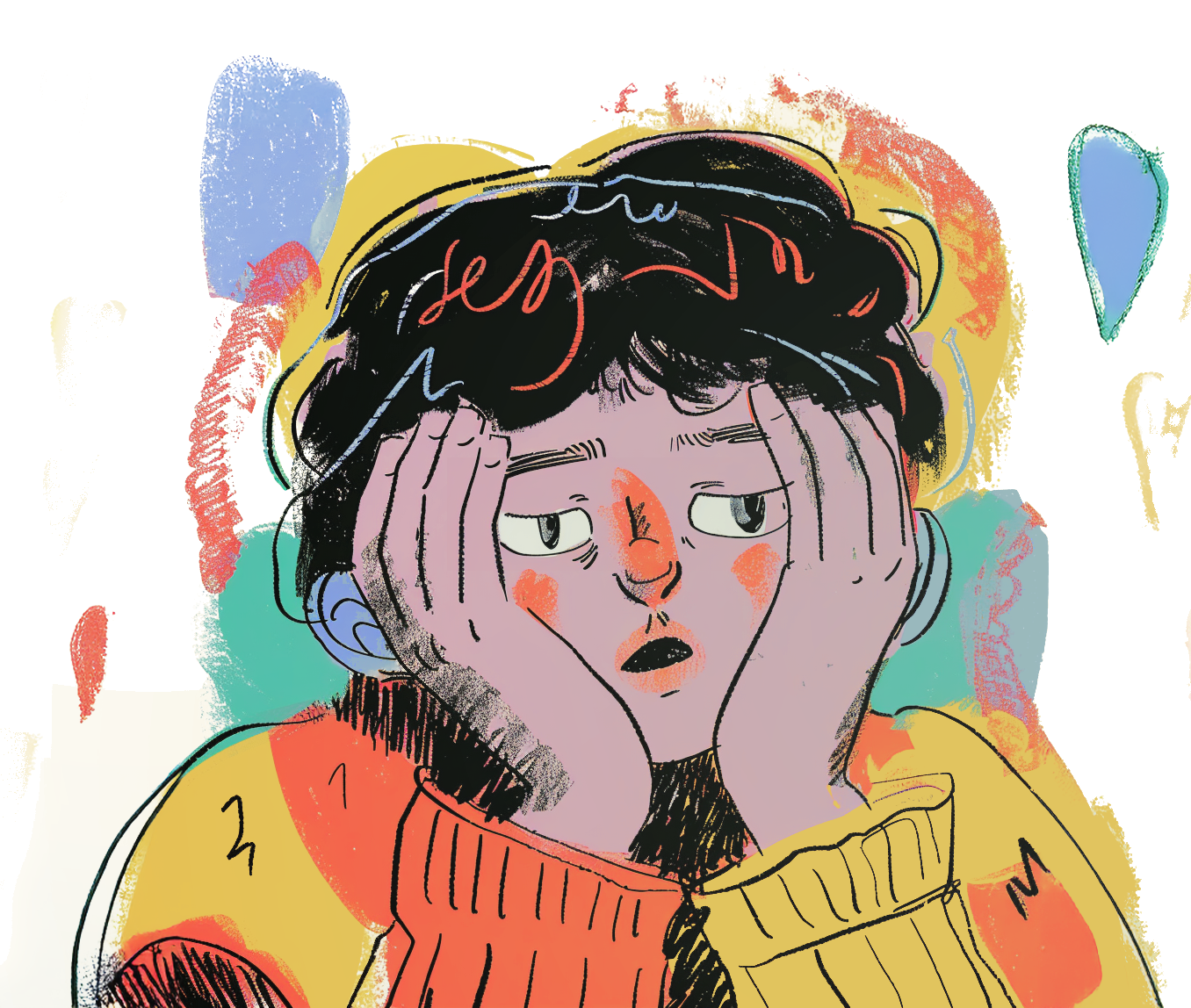Talk to us today
Talk to us today
Does your child struggle with low mood or appear to be anxious?
Does your child have obsessive or compulsive tendencies?
As a parent, do you feel that the above difficulties are having an impact on their lives?
A comprehensive mental health assessment can help identify and provide support for these concerns.

Depression is a condition that can affect people of all ages. In young people it can present in different ways from a loss of interest in things that they normally enjoy to appearing unusually irritable. It can be normal to feel unhappy or sad at times however if these feeling have an impact on a young person’s life, such as daily activities, social life, academic performance, or these feelings remain present for a long time then they may have depression. Depression can be caused by multiple factors and every child will have their own personal circumstances which have an impact on their mood. A comprehensive mental health assessment can identify these circumstances and recommend support and treatment for the young person
Anxiety is one of the most common mental health conditions that affect young people. It may be normal for a young person to feel worried or concerned about factors around them however for some young people these feelings may be very strong and affect their daily lives. It can often go unrecognised for a prolonged period of time before it reaches a point of high levels of distress. Anxiety can present with both physical and emotional symptoms. There are many different types of anxiety and a comprehensive mental health assessment can identify these and recommend support and treatment for the young person
Obsessive Compulsive Disorder is a specific type of anxiety disorder. Obsessions are often related to specific thoughts that a young person may be experiencing such as worrying about germs. There may be different types of “obsessive” thoughts and they are often very difficult for the young person to ignore and cope with. Compulsions are related to repeated acts that a young person may feel compelled to perform. An example can be repetitive hand washing or repeatedly checking something. Difficulties with experiencing obsessions and compulsions can cause a high level of distress and result in impairing the young person in everyday life events such as going to school or meeting with peers. A comprehensive mental health assessment can identify these difficulties and recommend support and treatment for the young person.

The Child and Adolescent Psychiatrist will want to know a little bit more about the young person they are assessing, the symptoms they have been experiencing and whether these symptoms are present at home and at school so that the assessment can be focused around the young person's difficulties.
We will send a small number of questionnaires which will allow us to screen for general mental health difficulties.
We will ask the young person’s parents about the young person's developmental history, the family's mental health and physical history as well as the young person's medical history. We will also ask you to confirm that both parents are aware and consent to the assessment if they both have contact with the young person.
We will also ask your permission to write to the young person’s GP and ask for a medical history summary for the young person. We will also ask you to provide us with a form of photo ID for the young person as part of our registration process.
We know this might sound like a lot to do, but we try to keep questionnaires as brief as possible while allowing us to gather all the information we need to complete a thorough assessment.
While you are completing onboarding with us, please let our team know about your availability for assessments and whether you would prefer an assessment remotely through a high-quality video link or an in-person appointment which can be facilitated in London or Manchester.
Once the assessment is booked, one of our team members will provide you with an appointment link or directions to our Harley Street Clinic or Manchester Clinic. Please do not hesitate to contact us if you have any further questions leading up to your appointment.
